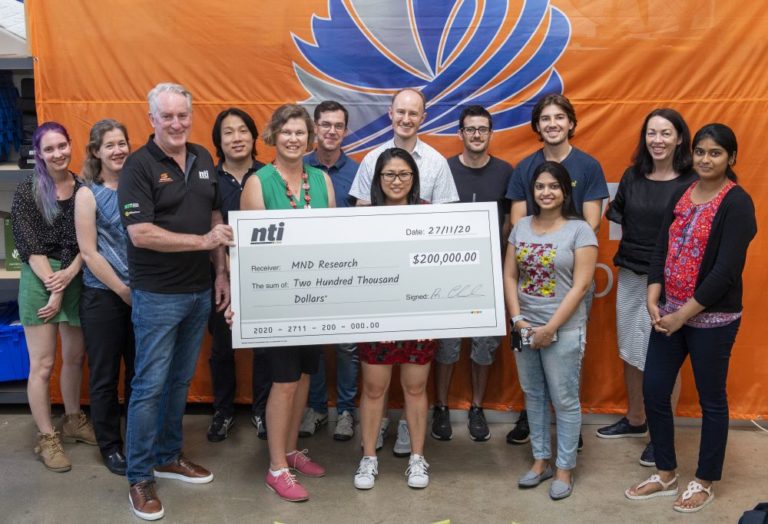[vc_row][vc_column][vc_column_text]From 1 November 2019, the new Medicare rebates will ensure patients with advanced breast cancer can better manage and plan their treatment.
Around 12,000 patients will benefit from these services each year.
In 2019, the estimated number of new cases of breast cancer diagnosed will be greater than 19,300 and more than 3,000 women are expected to die from the disease.
Enormous strides in medical research, diagnosis, treatment and care means the chance of surviving at least five years is now 91 per cent.
The listing of the whole body 18F-FDG2 PET scan for the evaluation of breast cancer boosts efforts to improve the health outcomes for breast cancer patients.
With the Medicare subsidy, the PET scans – a minimally invasive nuclear medicine imaging technique – will save women up to $1,000 per scan.
The new services are:
- Whole body PET performed for the staging of locally advanced (Stage III) breast cancer (Item 61524)
- Whole body PET performed for the evaluation of suspected metastatic, or suspected locally or regionally recurrent, breast carcinoma (Item 61525).
The independent expert Medical Services Advisory Committee recommended the listing of these new items.
The committee recommended the new services on the basis that they are comparatively safe, clinically appropriate and cost effective.
The Federal Government is strongly committed to reducing the toll of breast cancer on Australians and their families.
Early detection is key, and for many years now, Australian women aged between 50 and 74 have been invited to access free screening mammograms every two years via the BreastScreen Australia Program.
The Government has said that it is continuing to list the latest proven treatments for breast cancer on the PBS. In May, Ibrance® (palbociclib) was listed for patients with inoperable or metastatic hormone receptor positive breast cancer.
Around 3,000 women each year will benefit from this decision. Without the PBS subsidy, Ibrance would cost around $55,000 for a year’s treatment.[/vc_column_text][/vc_column][/vc_row]




